Today, plaintiff organizations went to Guatemala’s Constitutional Court to ask that the Court include testimonies from 35 key witnesses in the Military Zone 21 case – the largest case of forced disappearance to date in Latin America’s history.
The plaintiff organizations and public prosecutor claim that during the intermediary phase (fase intermediaria), the presiding judge Claudette Domínguez entered into an analysis of the evidence – including the testimony of proposed witnesses – that went far beyond the scope of her responsibilities. During that stage, the judge only needed to determine whether the evidence was useful in establishing that the accused were at least probably implicated in crimes of forced disappearance and crimes against humanity, and then send the case to a public trial where the evidence presented would be analyzed in depth with a higher standard of proof. The Constitutional Court will ultimately decide whether or not to admit the 35 witnesses, at which time the case will be sent back to Judge Domínguez to carry out the Court’s decision and move the case to the public trial phase.
Plaintiffs have faced ongoing obstacles in the trial’s early stages, including a host of other irregular decisions made by Judge Domínguez. Of the 154 witnesses originally presented by the plaintiffs and public prosecutor, she only approved 29. By refusing to include more than 80% of the witness testimony, she is denying survivors the opportunity to show the scope of violence perpetuated by the military in Zone 21 during the internal armed conflict.
The prosecution has already unsuccessfully appealed to the Constitutional Court to reinstate 90 of the witnesses, including survivors of sexual violence and members of the community of Chicoyogüito who were evicted from their homes to make way for the construction of the military base in the area. Now, they are attempting to appeal to the Constitutional Court once more to re-instate the remaining 35 who were excluded.
While plaintiffs have faced difficulty in ensuring that survivors can share their testimonies, they remain resolute. As Aura Elena Farfán, director of the Association of Family Members of the Detained-Disappeared Guatemala (FAMDEGUA) shared: “The parents who lost their children [to forced disappearance] are going to stay focused on their loved ones.” FAMDEGUA joins Association for the Integral Development of the Victims of Violence (ADIVIMA), Mutual Support Group (GAM), and the Coordination of the Victims of Alta Verapaz (CODEVI) as plaintiffs in the case.
As they go forward, Farfán also names the importance of international solidarity with survivors, saying “It’s important to have international support. It shows that it’s not just Guatemalans who see and hear the truth, there are many eyes and ears from around the world to hear the truth of what happened.” NISGUA has accompanied FAMDEGUA for more than twenty-five years as they seek justice for those detained and disappeared during the conflict and will be present in solidarity with survivors as the case advances.

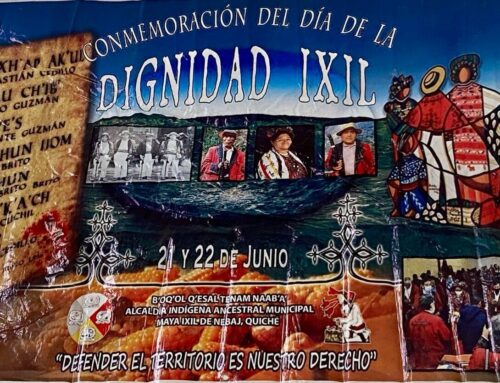
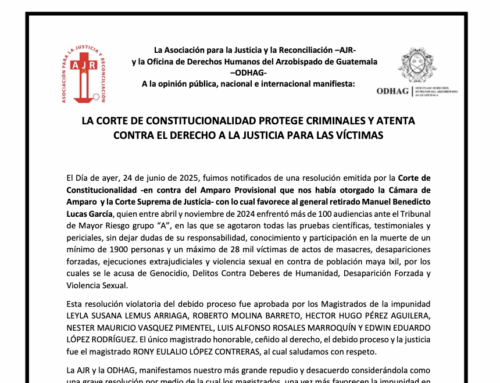
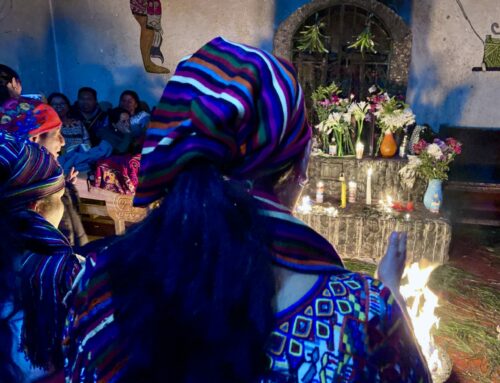
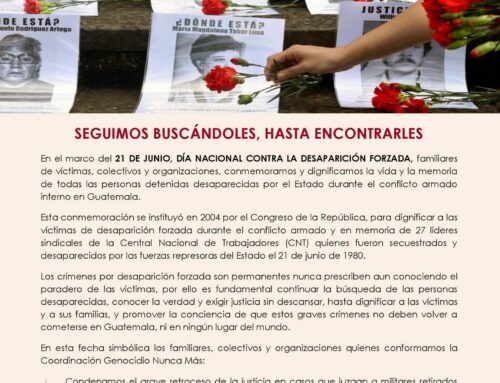
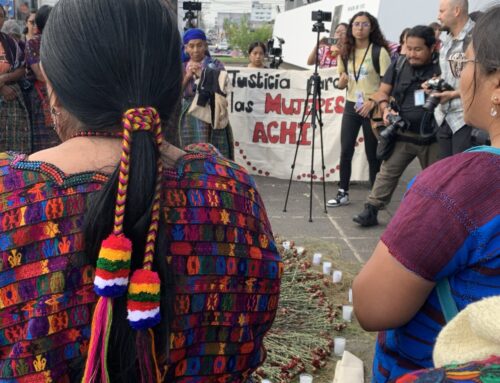
Leave A Comment